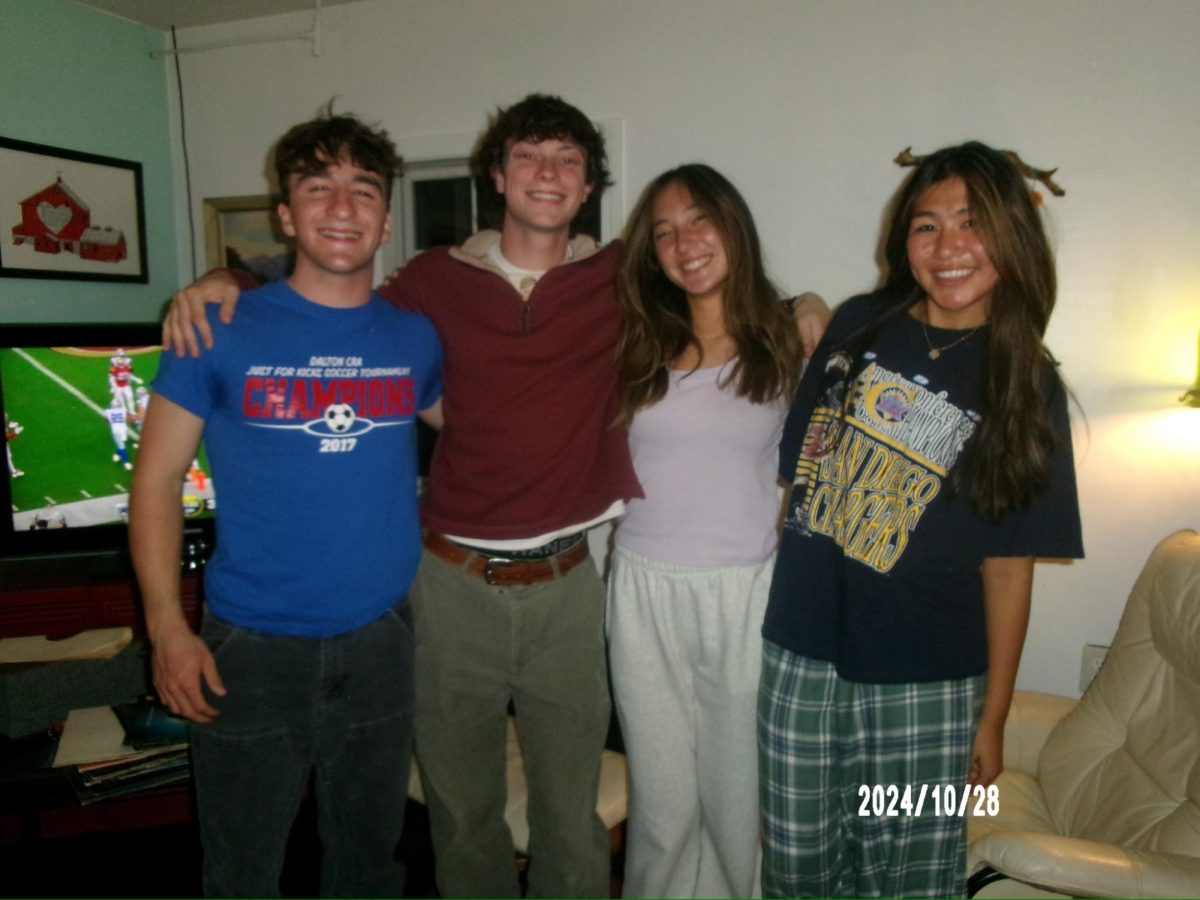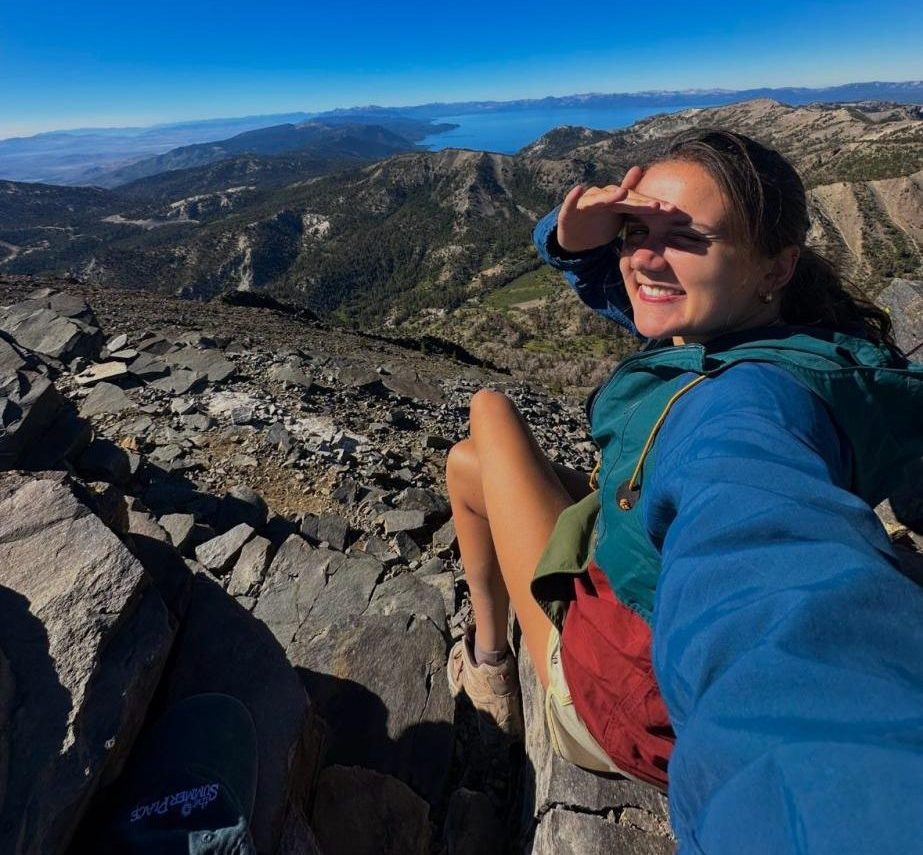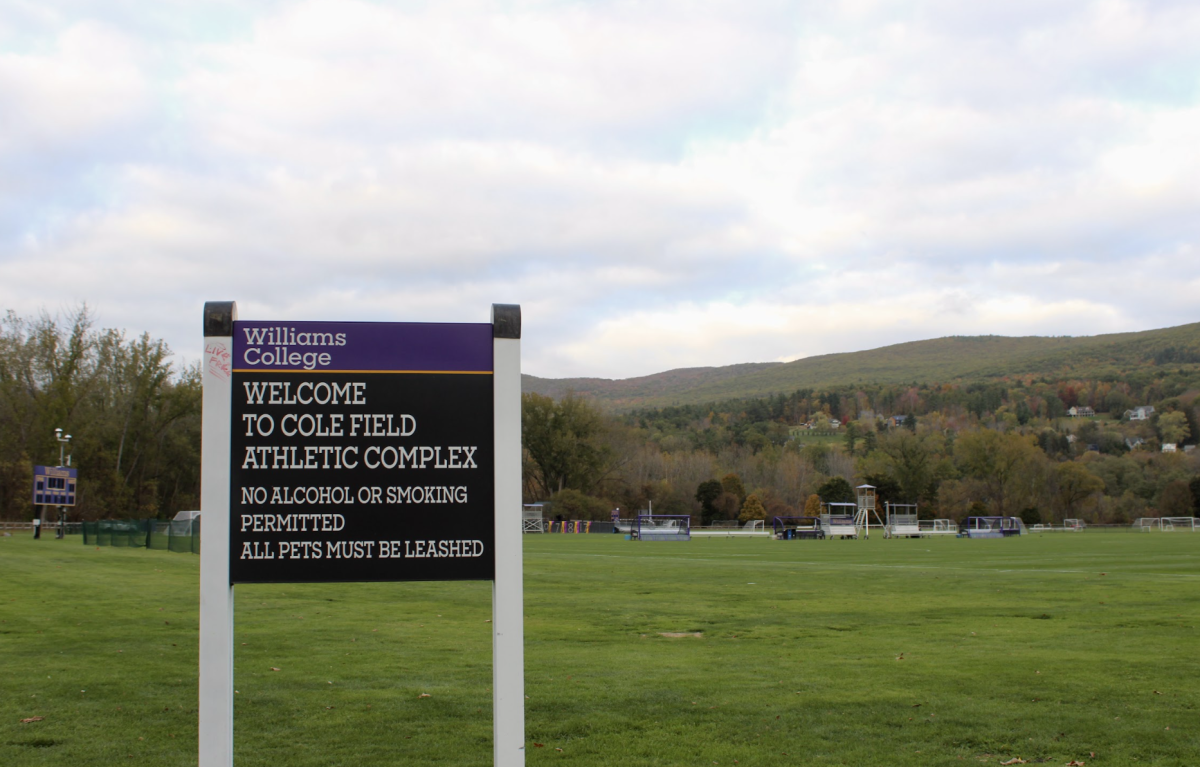
The College has been no stranger to student-led protest movements in the years, decades and centuries since its founding. In the past two years alone, students have fought to establish an Asian American studies department, decried the practices of Campus Safety and Security, went on strike for climate action and more. A student sit-in in 1988 led to the creation of the Davis Center; a very different movement in 1970 against the Vietnam War effectively shut down campus for the last few weeks of that spring semester.
Now, with students dispersed around the globe, and as activists protest against the murder of George Floyd and other racist injustices, student activism has taken on a new and scattered form. And unlike some past student protest movements, in which names and voices have been lost to history, there is a concerted effort to document this moment.
The Williams Black Lives Matter Project, a collaboration between the newly established Williams Student Union (WSU) and Williams Libraries, is aiming to capture student perspectives on the protests, from any place and in any form. With the project, its founders hope to build accounts of the ongoing movement into the historical and institutional record, even with campus itself nearly deserted.
“Basically the project is us trying to make up for the lack of media coverage or the lack of documentation that is currently happening involving the protests,” said Manny Copeland ’23, a WSU first-year representative and one of the co-founders of the project. “From our point of view, we noticed that there is a historical lack of proper accounting for Black experiences, or for truthfully talking about protests in a way that’s fair to all sides.”
“We wanted to try to document students who are doing things and talking about their personal experiences and emotions and feelings about the issue,” Copeland continued. “This is the first leg of a larger thing that WSU is trying to [do] this summer of working towards racial [justice] by tackling different issues at the College.”
Copeland, along with fellow WSU representatives Jonah Tobin ’23 and Argenis Herrera ’22, decided to reach out to the library’s Records Manager and Digital Resources Archivist Jessika Drmacich, who was immediately enthusiastic about the idea.
“I’ve always been an activist archivist, wanting to document many voices,” Drmacich said. “I felt this [project] was very important to do now to make sure that we create an inclusive record of Black voices on campus.”
Both Drmacich and the WSU representatives noted that the project is in many ways a continuation of the work the College’s libraries have already been doing to correct its past mistakes and diversify what is represented in its archive.
As inspiration for this project, Copeland pointed to a Claiming Williams Day event focused on libraries and documentation at other institutions, where Dartmouth students “were trying to change the way that archives and libraries categorize different groups.”
She said the event showed her how libraries are flawed, but how they can also be used as a force for student activism. “A lot of things are very, very antiquated. But our library seems to really want to try to change those and have conversations.”
Drmacich affirmed that the library has indeed worked to rethink its existing unjust structures. “We’ve reprocessed collections recently where something on Black voices would have been in a miscellaneous folder, and we made sure we pulled these voices out and actually created a folder with a title so these histories become more accessible,” she said. “The documentation of this project isn’t something that’s new, it’s just we’re affirming our role.”
The small-but-growing project has accumulated art, poetry, photos, social media posts and, most unusually, a drone video of a protest taken by Tobin himself. “The primary goal is to collect mediums of any and all ways that students want to participate,” Tobin said, “so that’s anything from a screenshot of a social media post to an original drawing or dance.”
In order to protect identities, the project is obtaining permission from anyone pictured and identifiable in photo and video submissions, and will blur the faces of anyone who requests it or who does not give express permission to be pictured.
One topic of discussion among the project’s founders was which student voices to include and emphasize. Ultimately, according to Tobin, they decided “to have many students participating and to not necessarily just limit to Black students,” while still affirming that “it is very important and central to the success that Black students are the primary voices.”
Copeland added that she believes the inclusion of non-Black voices is still critical to the project, especially given that the recent protests have drawn support from non-Black allies to an extent that previous Black Lives Matter protests have not. “This is the first instance of a lot of people’s having a negative interaction with the police, or being able to directly experience or see certain things that Black people have been talking about forever,” she said.
So far, the project has primarily relied on Daily Messages, group chats and direct messages to spread the word and solicit submissions. Tobin and Copeland said that WSU has grander plans for the future, including starting a website and coordinating with Williams Students Online (WSO).
For now, “it’s going to ride on how much outreach and how much buy-in can we get from students,” Tobin said. “We have the set-up in place, and it’s kind of on us and on students to participate.”







